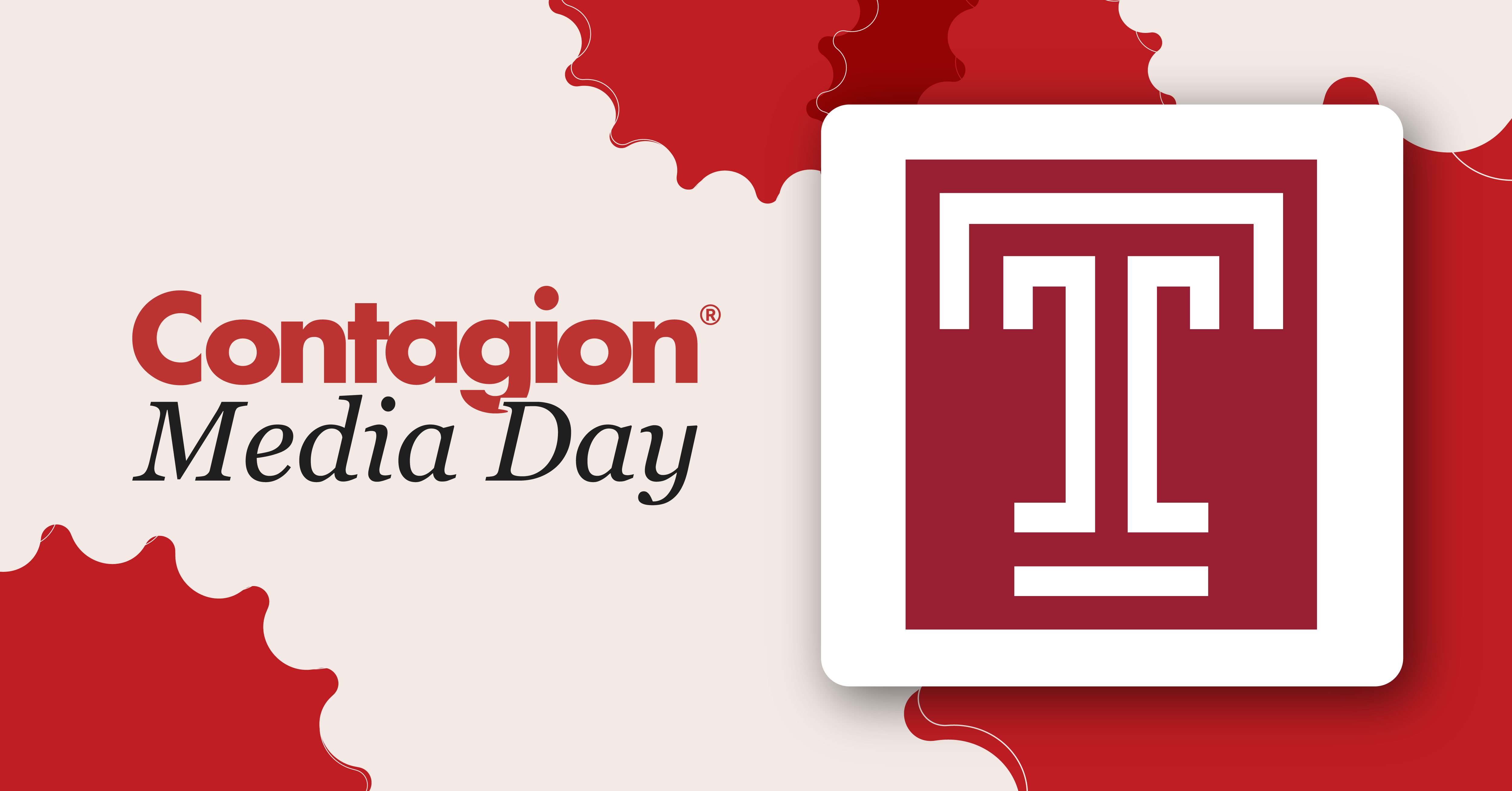A Fellowship Program Offers Varied Learning Opportunities to Connect the Care Needs of the Local Community

Stephanie Spivack, MD, talks about the diverse educational experiences afforded to fellows during their time at Temple University as well as the devoted clinical care that serves the local community.
When speaking to faculty at Temple University Hospital and the Lewis Katz School of Medicine, a similar theme arises: They stay on through residency and their fellowships, and if an opportunity arises, they stay on to become faculty. Rafik Samuel, MD, chief of the Section of Infectious Disease at Temple University Hospital, went down this path, as did Stephanie Spivack, MD, assistant professor of clinical medicine and associate director of the fellowship program at Lewis Katz School of Medicine at Temple University.
It is the fellowship program’s commitment to offering diverse education that allows Temple to deliver the comprehensive clinical care needs of its local citizens.
“Everyone here is united by the same mission of taking care of our North Philadelphia population, and I felt connected to that mission. I liked that we all had that in common as a trainee,” Spivack said. “It's a really great place to learn, because we see everything. I knew that I would get really strong clinical training and feel prepared coming out of residency and then fellowship to take care of patients on my own.”
She stressed the importance of the educational program offerings at Temple, which helped give her a different perspective on care for the local urban area that Temple serves. Spivack noted the
“Students who take those courses will get a foundation in bioethics and learn how to apply that to look at ethical issues in our community,” Spivack said. “I did that program when I was a resident here, and I felt like it really gave me a chance to look at things from a different perspective and see the bigger picture of our patient care, and I still carry some of those lessons with me today.”
In thinking about the diversity of educational experiences, Temple holds a weekly travel clinic for patients who are preparing for trips.
“We do our pretravel immunizations, prophylaxis, and we also do a lot of counseling on how to stay safe and healthy while they're abroad,” Spivack said. “It's a really fun clinic because we get to do preventive care, and we also just get to hear about all these great trips our patients are going on. Fellows are with us in that clinic, and they'll get to experience that and learn how to do it—if that's something that they want to do in their career.”
This is an episode from our Media Day series with Temple University. Look for the next episode on Monday where Spivack talks about Temple’s harm reduction program.
Newsletter
Stay ahead of emerging infectious disease threats with expert insights and breaking research. Subscribe now to get updates delivered straight to your inbox.


































































































































